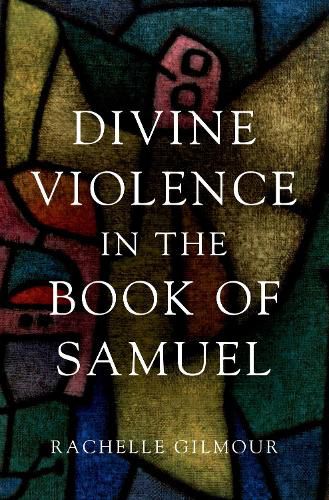Divine Violence in the Book of Samuel
Rachelle Gilmour (Bromby Senior Lecturer in Old Testament, Bromby Senior Lecturer in Old Testament, Trinity College, University of Divinity)

Divine Violence in the Book of Samuel
Rachelle Gilmour (Bromby Senior Lecturer in Old Testament, Bromby Senior Lecturer in Old Testament, Trinity College, University of Divinity)
Much of the drama, theological paradox, and interpretive interest in the Book of Samuel derives from instances of God’s violence in the story. The beginnings of Israel’s monarchy are interwoven with God’s violent rejection of the houses of Eli and of Saul, deaths connected to the Ark of the Covenant, and the outworking of divine retribution after David’s violent appropriation of Bathsheba as his wife. Whilst divine violence may act as a deterrent for violent transgression, it can also be used as a model or justification for human violence, whether in the early monarchic rule of Ancient Israel, or in crises of our contemporary age. In Divine Violence in the Book of Samuel, Rachelle Gilmour explores these narratives of divine violence from ethical, literary, and political perspectives, in dialogue with the thought of Immanuel Kant, Martha Nussbaum and Walter Benjamin. She addresses such questions as: Is the God of Samuel a capricious God with a troubling dark side? Is punishment for sin the only justifiable violence in these narratives? Why does God continue to punish those already declared forgiven? What is the role of God’s emotions in acts of divine violence? In what political contexts might narratives of divine violence against God’s own kings, and God’s own people have arisen? The result is a fresh commentary on the dynamics of transgression, punishment, and their upheavals in the book of Samuel. Gilmour offers a sensitive portrayal of God’s literary characterization, with a focus on divine emotion and its effects. By identifying possible political contexts in which the narratives arose, God’s violence is further illumined through its relation to human violence, northern and southern monarchic ideology, and Judah’s experience of the Babylonian exile.
This item is not currently in-stock. It can be ordered online and is expected to ship in approx 2 weeks
Our stock data is updated periodically, and availability may change throughout the day for in-demand items. Please call the relevant shop for the most current stock information. Prices are subject to change without notice.
Sign in or become a Readings Member to add this title to a wishlist.


